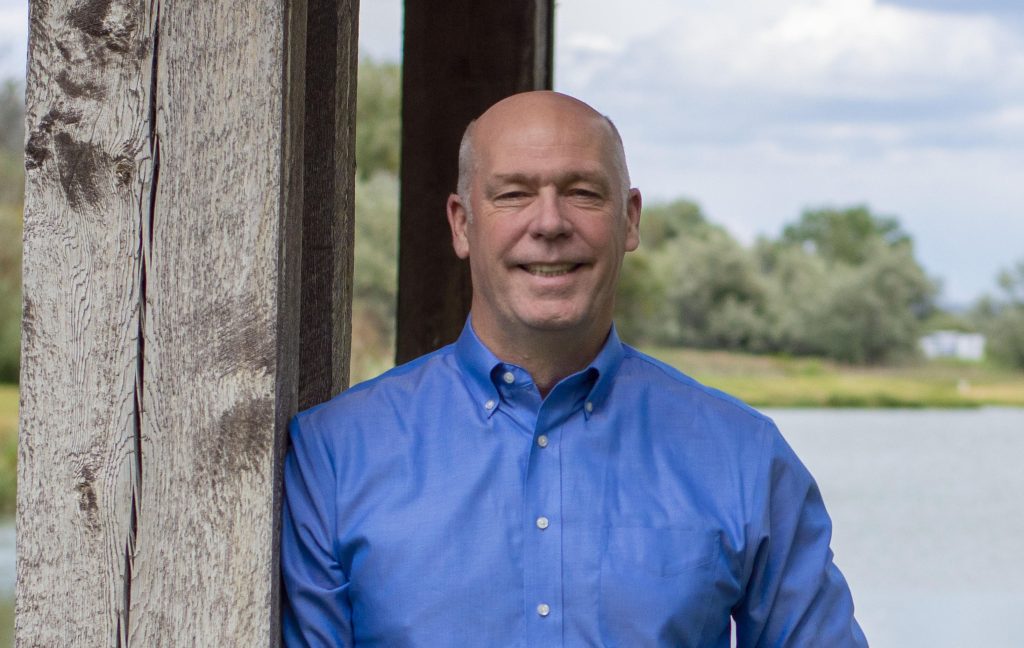Podcast: Play in new window | Download | Embed
Lake County says it will no longer handle felony cases for tribal members on Northwest Montana’s Flathead Reservation come next spring.
But as Montana Public Radio’s Aaron Bolton reports, there are many open questions about whether the state will fill that void.
The agreement known as Public Law 280 gives Lake County authority to charge and prosecute tribal members for felony crimes, but the county says it’s withdrawing because the state isn’t paying for that work.
That means the Lake County jail and attorney’s office will no longer handle cases involving tribal members.
Under the agreement, the state is supposed to take over that responsibility, but Lake County Commission Chair Gail Decker says Gov. Gianforte (R-MT)’s office has met the county with silence.
“I think the governor’s office has been aware that this has been a distinct possibility for several months, but no, we have not heard anything.”
Gov. Gianforte has six months to officially recognize Lake County’s decision.
Gov. Gianforte’s office declined to answer MTPR’s questions about whether the governor will do so and whether the state plans to take over felony jurisdiction for tribal members.
During a public meeting, law enforcement agencies on the reservation told residents they won’t see much of a change on the ground when the county withdraws.
Confederated Salish and Kootenai Tribes Police Chief Craig Couture.
“So if you have a 911 call, any emergency that happens, everyone in this room will be responding if they’re close enough. Others will stay out to handle other calls like we always do.”
Couture says the tribal jail and prosecutor’s office do have the authority and ability to handle felony cases involving tribal members if need be.
 Secretary of the Interior Deb Haaland says her agency is continuing work on missing and murdered Indigenous people.
Secretary of the Interior Deb Haaland says her agency is continuing work on missing and murdered Indigenous people.
We’re taking a look at some of her priorities ahead of next week’s White House Tribal Leaders Summit, which she’ll chair.
Sec. Haaland says the Interior Department is reviewing recommendations recently released by an advisory commission, which was created to address MMIP and human trafficking.
“Missing and Murdered Indigenous Peoples is, it’s an issue that has been present here since colonization started on this continent. It’s going to take more than a few pieces of legislation to remedy this really horrible, these horrible events. And so we’re going to keep working on it.”
Sec. Haaland says a missing and murdered unit created in 2021 has increased investigations across the country, which she says is devoting time and funding to help solve cases and help families heal.
Sec. Haaland talked about work on MMIP during a recent interview with New Mexico PBS.

The National Congress of American Indians, the Native American Rights Fund, and the National Native American Bar Association are celebrating the confirmation of Judge Shanlyn Park to the U.S. District Court for the District of Hawaii.
Judge Park is the first Native Hawaiian woman to hold that federal position in the state.
Native Hawaiians make up nearly 22% percent of the population served by the district where she’ll preside.
Leaders of the Native groups say despite the impact federal court decisions have on Native communities, Native people are under-represented with only seven of the more than 870 federal judges currently serving across the country are from American Indian, Alaska Native, and Native Hawaiian communities.
The organizations are praising the appointment, saying Judge Park has deep ties to her community, and understands how federal laws and policies impact Native Hawaiian, American Indian, and Alaska Native people.
Get National Native News delivered to your inbox daily. Sign up for our newsletter today.



